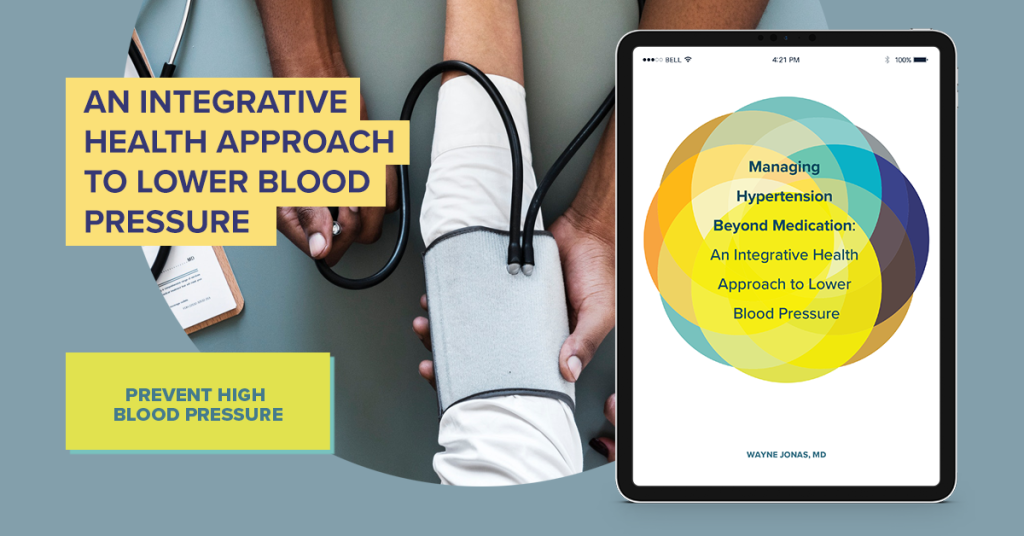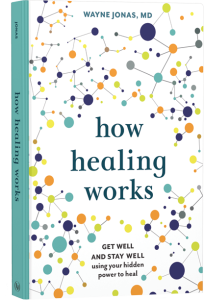High blood pressure (hypertension) is the largest preventable and treatable risk factor for chronic disease in the world. More than 85 million people (1 in 3 adults) in the United States and more than 1 billion (40% of adults) in the world have hypertension. It is a major risk factor for stroke, heart attack, heart failure, and kidney failure. However, because it rarely produces symptoms, many people don’t know they have it, while many who have it do not control it adequately.
They call hypertension “the silent killer” for a reason: there are no symptoms, yet it is a major contributor to deaths from cardiovascular and kidney diseases and stroke. Indeed, more than 360,000 Americans die each year from complications related to high blood pressure.
And it’s only going to get worse: within the next 30 years, that number is expected to skyrocket by 50 percent. Even middle-aged adults with normal blood pressure have a 90 percent lifetime risk of developing hypertension if they don’t change their lifestyle.
While most people with hypertension have been diagnosed, and about one in seven use medication, only about half have it under control. However, if you treat hypertension with medication, lifestyle changes, and complementary approaches, you can significantly reduce the risk of stroke, cardiovascular disease and other hypertension-related complications, including death. Lifestyle approaches alone are critical to preventing the development of hypertension in the first place.
No one wants to hear the doctor say, “You have high blood pressure.” Receiving this diagnosis can seem overwhelming. When I tell a patient he or she has hypertension, it’s often received with a bit of fear, confusion, and frustration. Some patients think I am telling them they are tense or stressed, but while stress can contribute to hypertension, the condition is actually an indication of the pressure of blood flow through their blood vessels as well as stiffness of those vessels. Hypertension affects so many areas of a person’s life, including what to eat, how to move, how to sleep, and how to manage stress.
The number of people receiving the diagnosis is increasing. New 2017 guidelines from the American Health Association define a normal blood pressure of 130/80 mmHg, down from the previously accepted level of 140/90 mmHg. If these guidelines are widely applied, estimates are that an additional 30 million adults in the United States would now qualify as having high blood pressure. Other organizations, such as the American Association of Family Physicians, however, do not support this number. In 2010, the Institute of Medicine labeled high blood pressure “a neglected disease” and called for comprehensive strategies to improve prevention and treatment.

Managing Hypertension with an Integrative Health Approach
To help sort through the confusion, we provided a list of ways to help keep your blood pressure under control and your health intact.
This list focuses on the use of integrative health, a combination of medication, complementary approaches, and self-care to manage hypertension and potentially reverse this chronic condition. Just make sure you involve your health care provider in any changes you make.
- Diet: Hundreds of studies attest to the significant benefits of diet on blood pressure. The Dietary Approaches to Stop Hypertension (DASH) diet is the most tested and practical of the dietary approaches. It’s not really a diet, per se, but a way of eating specifically designed for those with hypertension. While similar to any form of healthy eating, it also includes a greater emphasis on magnesium and calcium, both of which have been shown to reduce blood pressure, as well as reduce sodium. It requires no special foods, just meeting daily and weekly nutritional goals.
- Stress Reduction: Stress, both acute and chronic, contributes to high blood pressure by ramping up the sympathetic nervous system, which contributes to the fight-or-flight reaction, including increased heart rate and the release of inflammatory stress hormones such as cortisol. Thus, I recommend relaxation techniques like guided imagery.
- Exercise: Put simply, exercise improves hypertension. Indeed, there is just no substitute for physical activity when it comes to blood pressure control. Numerous studies attest to the benefits of regular physical exercise on blood pressure. The benefits appear to be related to the effects exercise has on nitric oxide production, which helps dilate blood vessels, and through the production of anti-oxidants, protects against damaging oxidative stress. Exercise also reduces levels of inflammatory chemicals that can further damage blood vessels.
- Acupuncture: Studies are mixed on acupuncture, but one analysis of two randomized clinical trials comparing real acupuncture to sham acupuncture, both coupled with anti-hypertensive medication, found that acupuncture plus medication was more effective at reducing blood pressure than medication alone, with an average 7.5 mmHg drop in systolic blood pressure and 4.2 mmHg drop in diastolic blood pressure. A pilot study at the University of California, Irvine, found that electrical stimulation of 8 acupoints (the Longhurst points) weekly for 8 weeks and then just monthly could produce durable reductions in blood pressure for many people. However, we need more research on this non-drug approach to hypertension.
- Massage: Several studies point to the beneficial effects of massage on blood pressure. In one, 10 women with hypertension (ages 60 to 68) who were taking anti-hypertensive medication received a two-hour massage every day for 10 days. Their average systolic and diastolic blood pressures dropped by several points each day, for an average decline of 6.8 percent in systolic pressure and more than 10 percent in diastolic pressure. Researchers suspect the effects are due to the increase in blood and lymph flow massage creates, which reduces strain on the heart.
To learn more managing your hypertension, check out this patient guide.

Your Health Into Your Own Hands
Drawing on 40 years of research and patient care, Dr. Wayne Jonas explains how 80 percent of healing occurs organically and how to activate the healing process.

